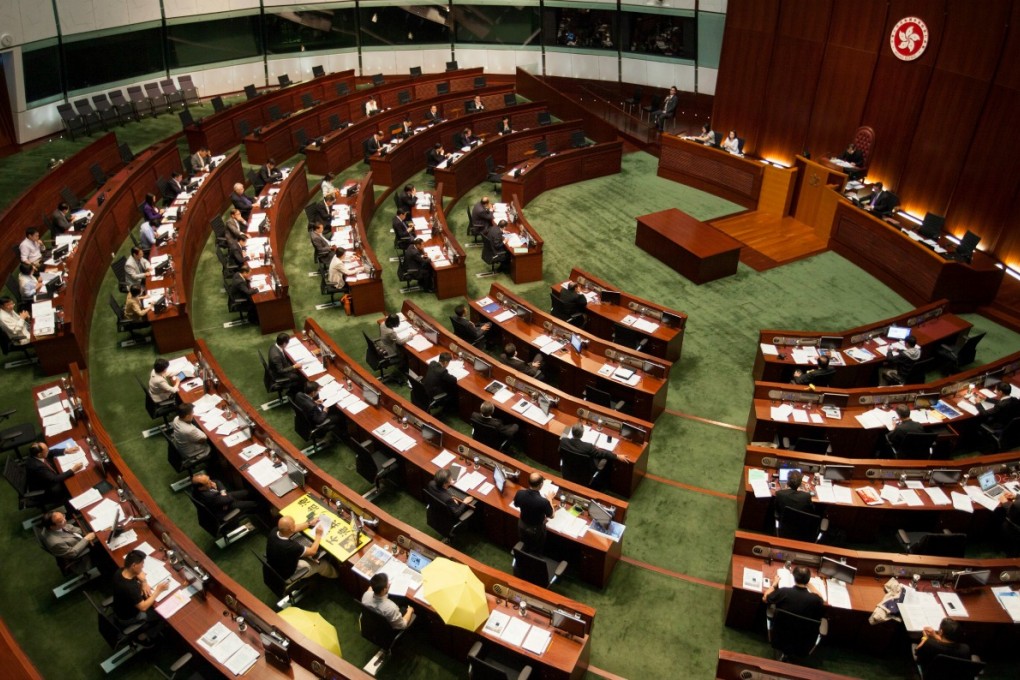Pan-democrat lawmakers ready to step up after student-government talks stall
Former leader Tung Chee-hwa signs alliance petition calling for halt to protests

Pan-democrat lawmakers are ready to step up their efforts to resolve Hong Kong's political crisis after talks between the government and student leaders last week failed to provide a breakthrough.
This came as former chief executive Tung Chee-hwa signed the Alliance for Peace and Democracy's petition calling for an end to the Occupy protests and backing the police. The alliance said it had collected more than 1.3 million signatures by yesterday. The campaign ends tomorrow.
With no sign of a second round of government-student talks, the city remains mired in a stalemate with protests now in their second month. The Federation of Students has indicated little interest in further dialogue, and the feeling is mutual on the government side.
Pan-democrat lawmakers, who have been playing second fiddle to the students since the occupation began on September 28, now want to step in to discuss an exit plan with the government.
But even if they manage to strike a deal, whether that will be enough to end the amorphous protest movement is unclear.
